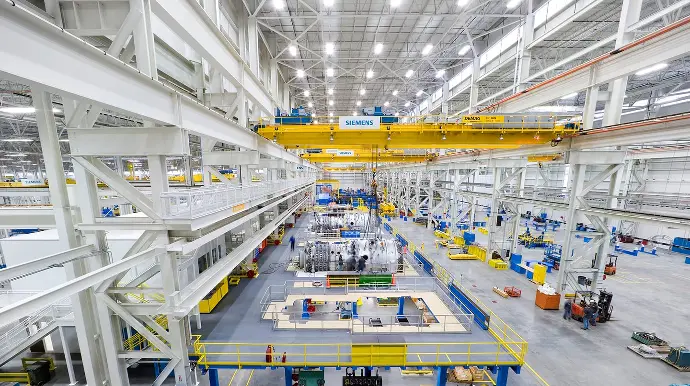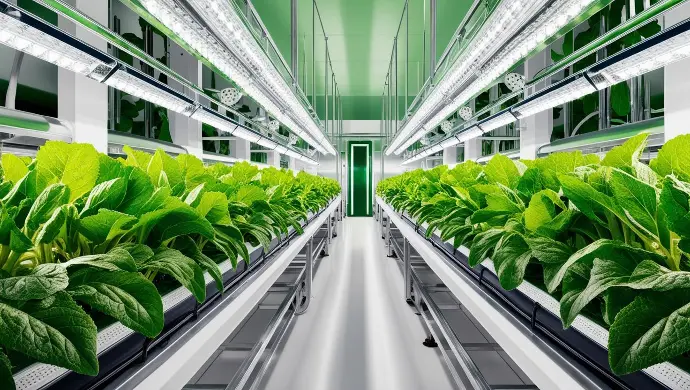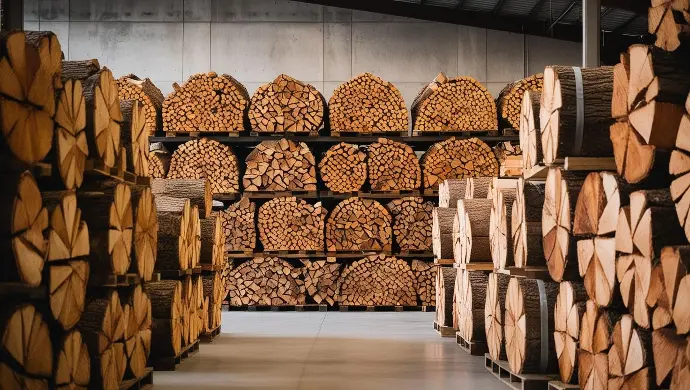Industries & Solutions

Commercial Ventilation
Ventilation systems are essential for maintaining healthy and comfortable indoor air quality (IAQ) in nearly all commercial buildings. At the core of these systems are the air handling unit and a heat exchanger, which facilitate heat or energy recovery.

Industrial Ventilation
Industrial facilities are major energy consumers, leading to high operating costs and a substantial environmental impact. As a result, maximizing energy efficiency has become a key priority for many industrial ventilation solutions.

Residential Ventilation
Residential ventilation systems ensure healthy and comfortable indoor air quality (IAQ). Compact heat exchangers are ideal for small air-handling units used in apartments and small offices.

Dehumidification
Combining industrial dehumidification with heat recovery reduces energy consumption and shortens the investment payback period. This makes the system more cost-effective and appealing for buyers.

Paint Booths
Spray paint booth applications depend on efficient ventilation, which generates a large volume of high-temperature air. This process requires significant energy, and if the heat is not recovered, it is lost as waste.

Wood Drying
Wood drying presents a range of challenges, particularly for boards. However, air-to-air heat exchangers can be tailored to suit any wood drying application, often achieving a payback period of less than one year.

Indoor Agriculture
Controlled environment agriculture is highly energy-intensive, with HVAC systems often representing the second-largest energy consumption in many indoor agricultural facilities. This demand varies based on location, facility design, and the types of crops cultivated.

Lithium batteries
Humidity presents major challenges for lithium battery manufacturers, as lithium's reactivity with moisture can cause serious issues during production. However, implementing strict humidity control measures can effectively mitigate these risks.

Pharmaceuticals
In pharmaceutical production, maintaining precise environmental conditions is crucial, as pharmaceuticals are highly sensitive to moisture. Stringent control over climate factors throughout the manufacturing process is essential, making desiccant dehumidification an invaluable solution.

Museums and archives
Museums and archives serve as protectors of our shared history, preserving priceless artifacts and documents for future generations. However, a critical element often overlooked is the precise control of indoor humidity, which is vital for maintaining the integrity of these treasures.

Shipping
In the fast-paced world of maritime logistics, maintaining optimal humidity levels is essential. Whether protecting the integrity of cargo or preserving critical equipment, desiccant dehumidification plays a key role in improving operational efficiency and extending the lifespan of assets in the shipping industry.

Woodstorage
Wood, especially when sawn and dried, is highly sensitive to changes in moisture levels. Sawn materials tend to equilibrate with the ambient air humidity, adjusting in response to both temperature and surrounding moisture conditions.